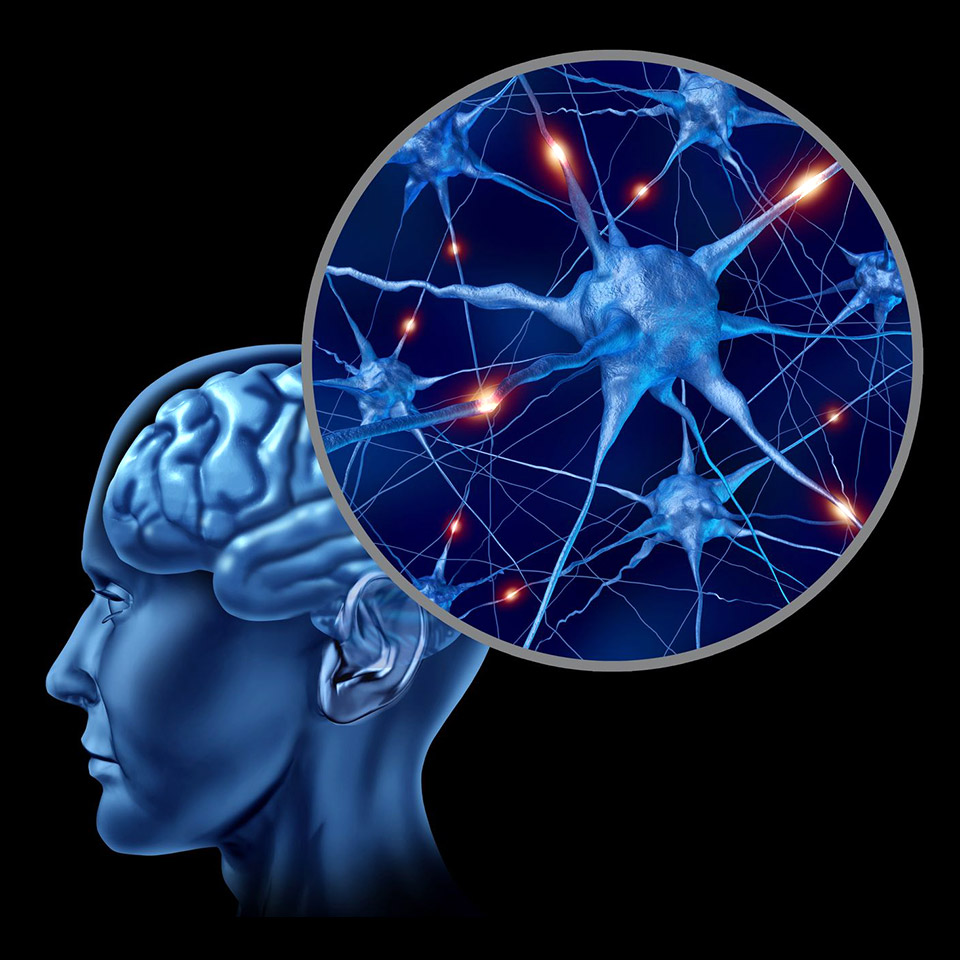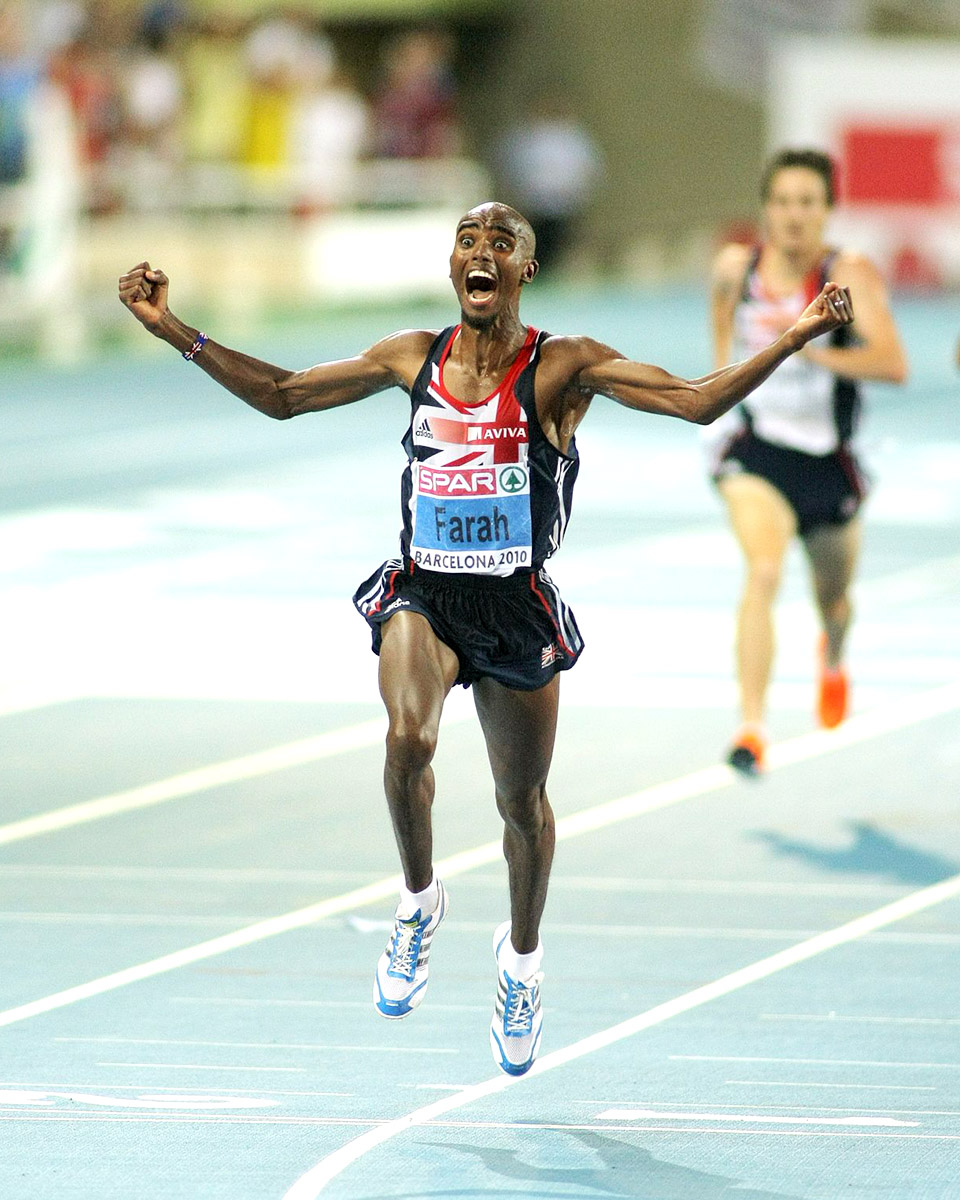In case you hadn’t noticed, just about everyone on the planet is asking you how smart you are. Most of these nosy people are trying to sell you smartphones, smart bars—there’s even a Smart Car made by Mercedes Benz that’s so tiny, people might question how smart you are to buy one given crazy drivers everywhere on the planet.
So the question, “Are you running smart enough?” may be a turn-off, but remember that we’re on your side, and we wouldn’t pose the question if we didn’t want you to be at the top of your game…so humour us. See if you’re not smarter about running than you were before you tackled this article.
Are Runner’s Brains Different?
Citing brainiac Alan Turing, who cracked the World War II Enigma Code, The Telegraph newspaper ran an article on the relationship between smarts and running. Seems Turing ran a 46-minute marathon and came close to being on the British Olympics team in 1948, had his personal life not brought him more notoriety than his grand accomplishment. Does this mean that everyone who runs is a genius?
Scientists undertaking the topic claim that, in fact, those who run know more than the average person. Thanks to the way runners’ bodies function, they’re not just smarter but their memories are better and they learn more efficiently. These conclusions, reached by Salk Institute for Biological Studies’ Director Ronald Evans and his investigative team, add fuel to the topic of the benefits of running—but then, you already knew that because you’re smart, right?

It’s About Biology
Before you go off on a flight of fancy that leads you to conclude that you were born with smarts, it’s time you gave credit to your body for taking you to new intellectual heights. Here’s Evans’ hypothesis: When runners do their thing, they send energy to the body’s power plants, at which point both the heart and muscles disperse energy everywhere—that means the brain, too. There’s a single protein that drives this surge of energy called an estrogen-related receptor gamma with the quirky acronym ERRγ. This receptor helps speed blood to muscles and, at the same time, to the brain, so memory is heightened.
More bonuses are to be had thanks to this receptor, thus runners learn tasks faster than non-runners and every time a runner puts on her shoes, she proves that running and being smart are biological partners. If you’re an uber-brainiac and this topic fascinates you, locate the journal Cell Metabolism and read about the phenomenon that’s got both the scientific and running communities excited.
It Gets Better…
In another UK publication—The Daily Mail—journalists picked up the thread of the ERRγ factor and pushed the topic further. Pointing to British long-distance runner Mo Farah—he won the 2015 Lisbon Half-Marathon—scientists studying his brain say that he’s better than most people at recalling things “normal” people (yes, even young ones) forget. His runner’s mind is constantly subjected to metabolism boosts that prime his brain to function in more efficient and powerful ways.
Farah’s participation in this groundbreaking study is greatly appreciated by those convinced that the metabolism of neurons has the potential to unlock secrets that can improve the treatment of people with learning and attention disorders. Who knew running could trigger this avenue of exploration? This is a great place to add that middle-age women can help stall cognitive decline and Alzheimer’s disease during and after menopause by running, so there’s more reason than ever to take up this popular sport at any age!

What Does This Mean For You?
When Dr. John Ratey was interviewed for Women’s Running Magazine, he piled on evidence that running profoundly impacts the brain. Runners can’t help but be smarter because factors that lead to intellectual failure, impaired memory and learning issues can be reversed simply by running. The list of impediments is long and includes mood, motivation, anxiety and stress levels, any one of which can diminish the brain’s ability to function at the highest levels. When bodies move, these conditions dissipate. When was the last time you ran your circuit and returned from it feeling as stressed-out and depressed as you did before you put on your running shoes?
This is a good time to add that smart runners also know enough to respect a point of diminishing returns. According to Ratey, a Harvard Medical School professor of clinical psychiatry, most runners already exercise enough to keep their minds sharp, but if you insist upon punishing your body by over-exerting, you run the risk of triggering the stress hormone, cortisol, which certainly isn’t a very smart thing to do.
Any Other Smart Moves A Runner Can Make?
Even if your training schedule is daunting, your mind needs breaks if it’s to operate at full capacity on or off the marathon circuit. Cross training is a great way to complement your running programme, as is taking advantage of smart technology, some of which sound like they belong in science fiction books.
Smart people buy smart clothes, say the folks at Sensoria who are gambling that their new fashion innovations are going to be snapped up by runners. They would like to outfit you with “wearable systems” that track body performance—smart socks, smart shirts and smart sports bras, each of which interfaces with an app using Bluetooth technology.
Sure it’s far out, but why not wear smart fashion from head to toe? Sensora’s Alick Law says that, in the end, it’s not about how fast one runs but how smart one runs and we couldn’t agree more. Testers trying these garments during the line’s development stages found that the separates helped them avoid injury and run longer. And no worries about style. These clothes are sleek and body-enhancing so you can look smart and hot at the finish line.

Run Smarter
Are you a smarty pants? Are you crazy for technology and can’t wait until smart clothes are available on store shelves?
Or does your idea of smart mean skipping the hype and spending extra cash on your education while running your best races without all of these bells and whistles?




